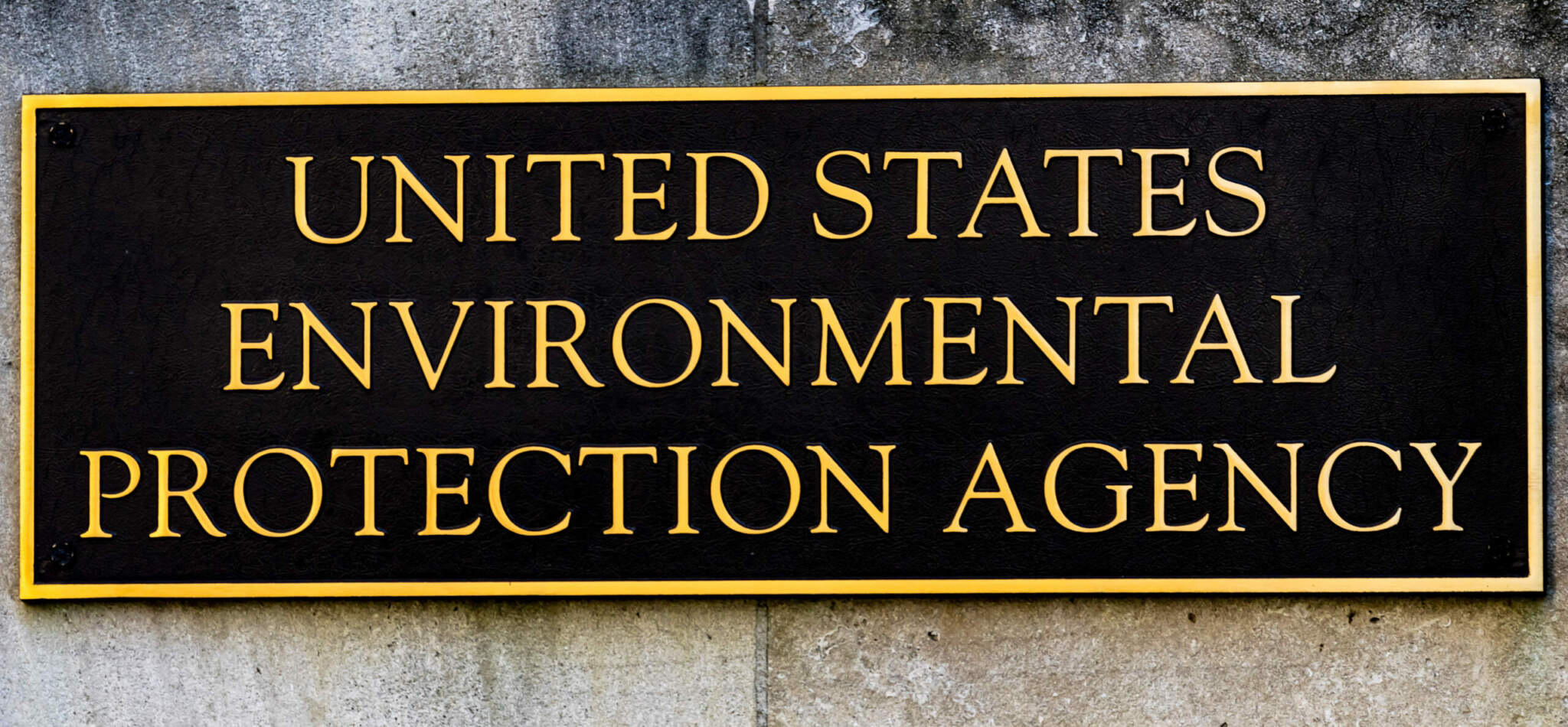For Immediate Release
Contact: R-CALF USA CEO Bill Bullard
Phone: 406-252-2516; r-calfusa@r-calfusa.com
BILLINGS, Mont., February 19, 2024 – On Thursday, R-CALF USA submitted formal comments regarding a November notice by the Environmental Protection Agency stating it was reconsidering its earlier decision to exempt farms from reporting greenhouse gas emissions under the 1986 Emergency Planning and Community Right-to-Know Act (EPCRA). In 2019, the EPA finalized a rule exempting all farms from the EPCRA. However, in 2021, President Biden issued an executive order directing federal agencies to revisit any regulations implemented during the previous four years that might conflict with the President’s goals of reducing greenhouse gas emissions and protecting the environment.
In the ranch group’s comments, the EPA was urged to exempt all farming and ranching grazing operations, all farmer/feeder-sized feedlots (those with a one-time capacity of less than 1,000 head), and all mid-sized feedlots that fit the Department of Agriculture’s definition of a “family farm.”
R-CALF USA further recommended that the EPA amend its definition of what constitutes a grazing operation to include grazing operations with pens and corrals used periodically or seasonally to background younger calves or lambs, or to winterfeed cows, bulls, ewes, and rams when the manure within such structures, if removed, is transferred to the pastures and cropland of the grazing operation and used as a natural substitute for commercial fertilizer.
The comments explain that imposing a reporting burden on grazing operations will serve only to accelerate the already unacceptable exodus of family-scale cattle and sheep operations, which the group wrote would soon lead to the centralization of the beef and lamb supply chains and facilitate the proliferation of larger-scale animal confinement operations, both of which will further tax the environment and threaten our nation’s food security.
The group further urged the EPA to redefine what the agency considers small, medium, and large confinement cattle operations like feedlots. The agency’s current definition considers a small feedlot as one with a capacity of less than 300 head, a medium feedlot as one having a capacity between 300-999 head, and a large feedlot as one with a capacity of 1,000 or more head.
But the group pointed out that the nation’s farmer/feeders with a one-time capacity of less than 1,000 head have been dropping like flies, resulting in the loss of over 78% of these smaller, environmentally balanced feedlots in just three decades. The group argued that any costs associated with reporting requirements imposed on feedlots with a capacity of less than 1,000 head would result in the unfavorable outcome of further expanding the largest of feedlots – those with a one-time capacity of more than 50,000 head.
R-CALF USA urged the EPA to consider feedlots with a one-time capacity between 1,000 – 49,999 head as medium-sized feedlots and suggested that all of those that met the USDA’s definition of a family farm should be exempted from any reporting of greenhouse gas emissions.
The USDA’s definition of a family farm includes a farm organized as a sole proprietorship, partnership, or family corporation, while excluding farms organized as nonfamily corporations or cooperatives, as well as farms with hired managers.
The ranch group concluded its comments by stating any additional regulatory burden on America’s family farmers and ranchers “will only accelerate the unfavorable transition from an environment-friendly family farm and ranch system of food production to an environmentally-taxing large-scale industrial system marked by high concentration and centralization.”
###
R-CALF USA (Ranchers Cattlemen Action Legal Fund United Stockgrowers of America) is the largest producer-only cattle trade association in the United States. It is a national, nonprofit organization dedicated to ensuring the continued profitability and viability of the U.S. cattle and sheep industries. For more information visit www.r-calfusa.com or call 406-252-2516.






